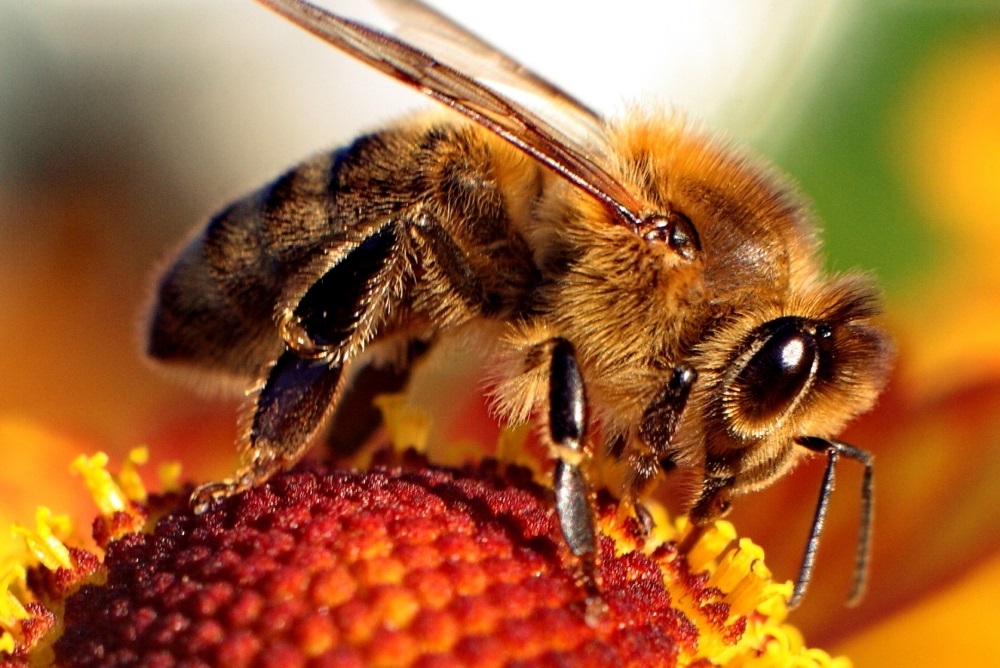
EXPERT REACTION: Can banning household pesticides save bees?
Mitre 10 has confirmed that they will follow the decision by hardware giant Bunnings' to stop selling a common pesticide that has been implicated in the death of bees overseas. We asked Australian experts to give us their views on whether this decision is warranted. The pesticide is one of a group of pesticides called neonicotinoids. According to media reports, the decision by Bunnings was made after receiving calls from concerned consumers. Consumer group SumOfUs has also been running a large petition calling for the pesticides to be banned in Australia.
Organisation/s: Australian Science Media Centre
Attachments:
Note: Not all attachments are visible to the general public
News for:
Australia
VIC
SA
ACT
Media contact details for this story are only visible to registered journalists.


Expert Reaction
These comments have been collated by the Science Media Centre to provide a variety of expert perspectives on this issue. Feel free to use these quotes in your stories. Views expressed are the personal opinions of the experts named. They do not represent the views of the SMC or any other organisation unless specifically stated.